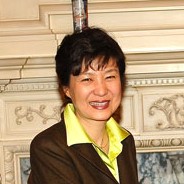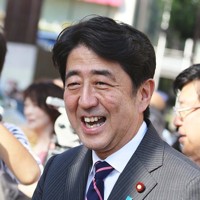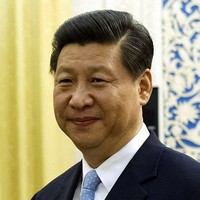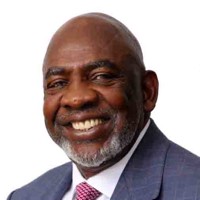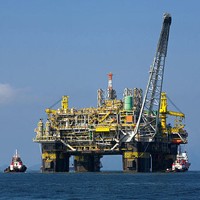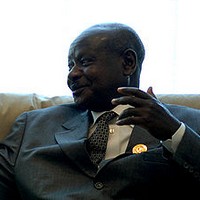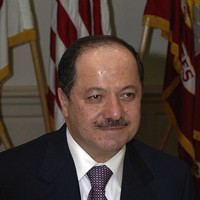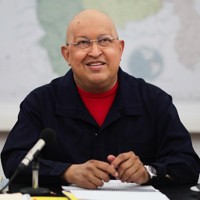
When Venezuelans went to the polls for regional elections last weekend, they knew the future of the country, as they’ve come to know it, was hanging on a fraying thread. President Hugo Chávez, the man with the outsize personality who has dominated Venezuelan politics since before the turn of the 21st century, had just had his fourth cancer surgery, and the outlook for a full recovery looked rather grim. Chávez was not on the ballot, but his condition was the overarching concern for millions of voters. By his own dramatic, emotional admission, Chávez may not be able to return to […]


